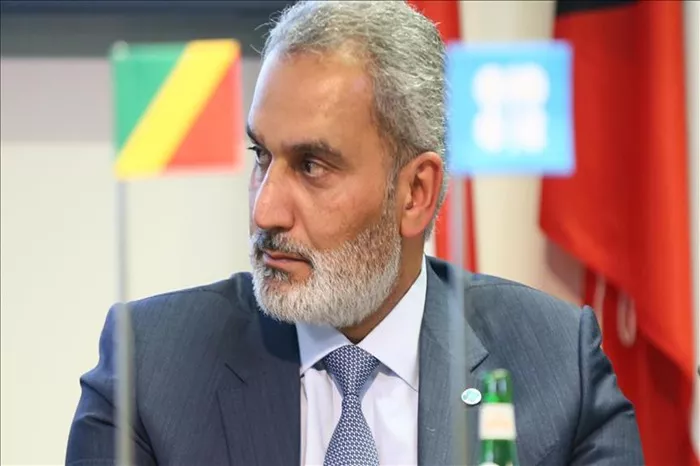OPEC does not foresee a peak in global oil demand in its long-term forecast, anticipating an increase to 116 million barrels per day (bpd) by 2045, potentially even higher, according to Secretary General Haitham Al Ghais on Thursday.
This contrasts sharply with the International Energy Agency (IEA), which in a report on Wednesday projected that oil demand will peak by 2029, stabilizing around 106 million bpd towards the end of the decade.
In a piece published in Energy Aspects, Al Ghais criticized the IEA report as “dangerous commentary, especially for consumers, and will only lead to energy volatility on a potentially unprecedented scale.”
OPEC+ Production Cuts
OPEC+, an alliance that includes OPEC members led by Saudi Arabia and allies such as Russia, has implemented significant production cuts since late 2022 to support market stability. The coalition is reducing output by a total of 5.86 million bpd, approximately 5.7% of global demand.
This includes a cut of 3.66 million bpd, extended on June 2 for another year until the end of 2025, alongside an additional 2.2 million bpd reduction, which OPEC+ plans to phase out gradually over a year starting from October.
Divergent Views on Oil Demand
The Paris-based IEA, which provides advice to industrialized nations, revised its peak oil demand date forward from its previous estimate in October, which predicted the peak by 2030. The IEA now expects oil demand to begin declining in 2030, as the U.S. and other non-OPEC countries increase supply.
Al Ghais pointed out that similar forecasts from the IEA have been inaccurate in the past, citing their claims that gasoline demand had peaked in 2019 and coal demand in 2014.
“At OPEC, we foresee oil demand growth of 4 million bpd over the two years of 2024 and 2025, with other forecasters predicting an expansion of over 3 million bpd. Even the IEA anticipates growth of 2 million bpd during this period, followed by an increase of 0.8 million bpd in 2026. However, they then predict a dramatic decline to almost no growth through 2030,” he remarked.
Al Ghais concluded that the IEA’s projections are unrealistic and would adversely affect global economies, describing them as a continuation of the IEA’s anti-oil stance.
Related topics:

